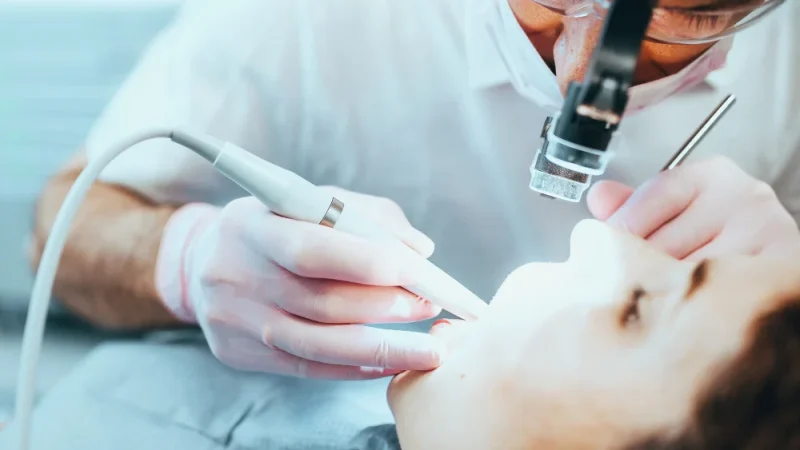Understanding Male Infertility: Causes and Treatment Options

Male infertility is a sensitive and often misunderstood topic, yet it affects millions of men worldwide. Fertility challenges are not always caused by women; studies suggest that male factors contribute to nearly half of all cases. Despite this, men may hesitate to seek evaluation due to embarrassment, misconceptions, or a lack of awareness about treatment options. Understanding the common causes, diagnostic approaches, and available interventions empowers men to take control of their reproductive health and work toward achieving successful pregnancies. Clinics such as Lazare Urology specialize in evaluating and managing male infertility, offering individualized solutions for couples.
Common Causes of Male Infertility
Infertility in men can arise from a variety of factors, including physiological, hormonal, lifestyle, and environmental influences. Some of the most common causes include:
- Low sperm count (oligospermia): Insufficient sperm production reduces the likelihood of fertilization.
- Poor sperm motility (asthenozoospermia): Sperm may be unable to swim effectively toward the egg.
- Abnormal sperm morphology (teratozoospermia): Irregularly shaped sperm can impair fertilization.
- Varicocele: Enlarged veins in the scrotum can increase testicular temperature, reducing sperm quality.
- Hormonal imbalances: Low testosterone or other hormonal disruptions can interfere with sperm production.
- Genetic factors: Certain inherited conditions may affect fertility.
- Obstructions: Blockages in the vas deferens or ejaculatory ducts can prevent sperm from being released.
Identifying the specific cause is critical for tailoring treatment and improving outcomes.
Lifestyle and Environmental Factors
Lifestyle habits and environmental exposures can also influence male fertility:
- Smoking: Nicotine and other chemicals can damage sperm DNA and reduce sperm quality.
- Alcohol consumption: Excessive alcohol affects hormone levels and sperm production.
- Drug use: Certain medications or recreational drugs can impair fertility.
- Obesity: Excess body fat can alter hormone balance and reduce sperm count.
- Heat exposure: Frequent use of hot tubs, saunas, or laptops on the lap can raise testicular temperature, affecting sperm.
- Stress: Chronic stress may impact hormone levels and sexual function.
Addressing these modifiable factors can significantly improve fertility potential, especially when combined with medical treatment.
Recognizing Symptoms of Male Fertility Issues
Male infertility often does not present obvious symptoms until attempts to conceive are unsuccessful. However, some signs may suggest underlying issues:
- Difficulty maintaining erections or ejaculation problems
- Small, firm, or unusually soft testicles
- Pain, swelling, or lumps in the testicular area
- Hormonal symptoms such as reduced facial or body hair, fatigue, or low libido
- Recurrent urinary tract infections or prostate inflammation
Men noticing these signs, or who have been trying to conceive for over 12 months without success, should consult a urologist for evaluation.
Diagnostic Approaches
A comprehensive evaluation typically includes:
- Semen analysis: Measures sperm count, motility, and morphology.
- Hormone testing: Assesses testosterone, FSH, LH, and other relevant hormones.
- Physical examination: Detects varicoceles, testicular abnormalities, or obstructions.
- Imaging: Ultrasound may be used to examine testicular structure or blood flow.
- Genetic testing: Identifies chromosomal abnormalities or inherited conditions affecting fertility.
Accurate diagnosis helps clinicians develop a precise treatment plan and predict the likelihood of success.
Treatment Options for Male Infertility
Depending on the cause, treatment strategies may include:
- Lifestyle modifications: Improving diet, exercise, and reducing exposure to harmful substances.
- Medication: Hormone therapy or medications to improve sperm production.
- Surgery: Correcting varicoceles, removing obstructions, or repairing structural issues.
- Assisted reproductive technologies (ART): In vitro fertilization (IVF) or intracytoplasmic sperm injection (ICSI) may be recommended when other approaches are insufficient.
- Sperm retrieval procedures: For men with blocked or absent sperm production pathways.
Early intervention increases the likelihood of successful outcomes and reduces emotional stress for couples.
The Role of a Specialist
Specialized clinics provide expert guidance throughout the evaluation and treatment process. Men benefit from confidential, evidence-based care tailored to their individual circumstances. These specialists combine medical expertise, advanced diagnostic tools, and compassionate counseling to support both patients and their partners through fertility challenges.
Importance of Early Consultation
Seeking professional help early is critical. Fertility declines naturally with age, and timely evaluation allows for interventions that can significantly improve chances of conception. Men who delay care may miss the opportunity to address reversible factors or to explore treatment options while sperm quality is still optimal.
Conclusion
Male infertility is a common but manageable condition. Understanding the causes, recognizing symptoms, and seeking early evaluation from a qualified urologist can make a profound difference for couples hoping to conceive. Through personalized care, advanced diagnostics, and targeted treatments, men can overcome fertility challenges and achieve their family-building goals. Proactive attention to reproductive health not only improves fertility outcomes but also promotes overall well-being, confidence, and quality of life.







